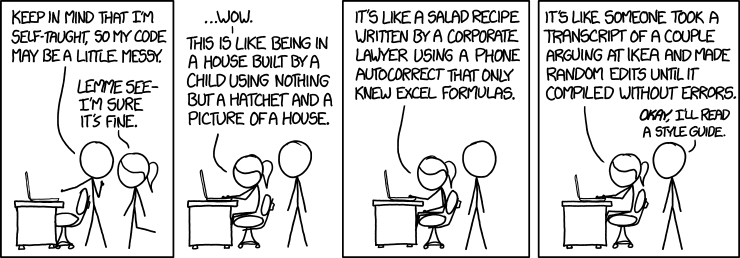00:00 - 02:0002:00 - 05:0005:00 - 06:0006:00 - 08:0008:00 - 09:0009:00 - 11:0011:00 - 13:0013:00 - 15:0015:00 - 17:0017:00 - 21:0021:00 - 00:00
00:00 - 02:0002:00 - 05:0005:00 - 06:0006:00 - 08:0008:00 - 09:0009:00 - 11:0011:00 - 13:0013:00 - 15:0015:00 - 17:0017:00 - 21:0021:00 - 00:00


